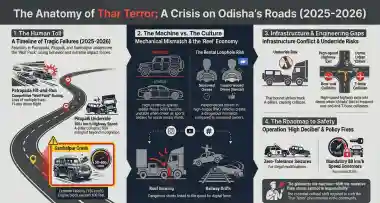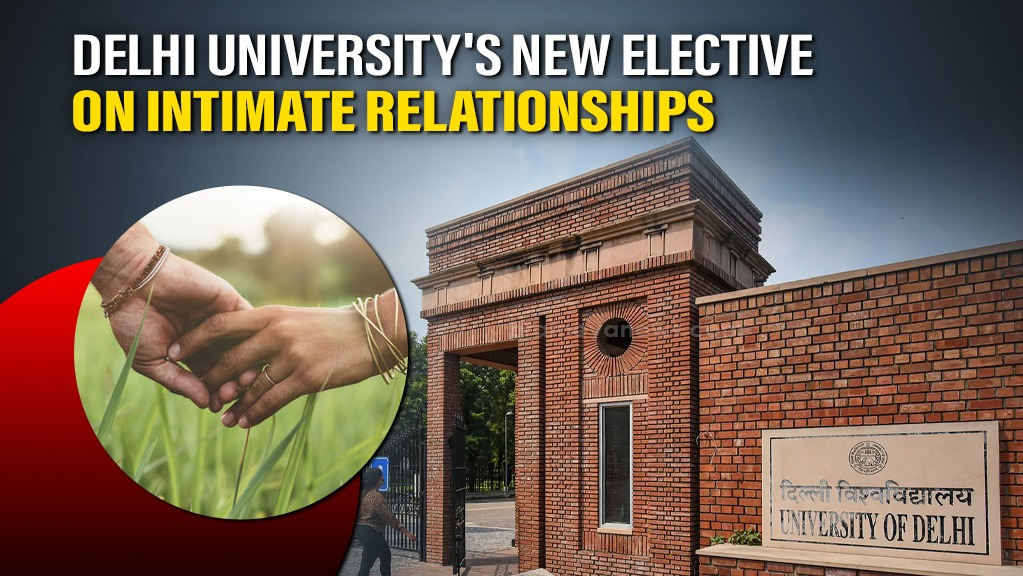

Delhi University Launches Progressive Course on Intimate Relationships
In a significant move to address the emotional and psychological well-being of its students, Delhi University (DU) has introduced a new elective course titled "Negotiating Intimate Relationships." Commencing from the 2025–26 academic session, this course is designed to help undergraduate students navigate the intricate dynamics of modern interpersonal connections. Offered by the Department of Psychology, the four-credit paper is open to all undergraduate students, regardless of their primary field of study, with the successful completion of the Class 12 examination being the only prerequisite.
The university has developed this course in response to a growing awareness of the emotional distress, unhealthy dependencies, and instances of interpersonal violence affecting young people, particularly in an age dominated by dating apps and social media. The initiative aims to foster greater emotional intelligence and self-awareness through structured academic engagement.
A Curriculum for Modern Challenges
The course is divided into four thematic units, with three lectures and one tutorial scheduled per week. The curriculum is structured to provide a comprehensive understanding of human connection:
Interactive and Applied Learning
While the course has no formal practical component, its tutorial sessions are designed to be highly interactive, bridging theory with real-world application. Students will participate in a variety of engaging activities, including:
Course Objectives and Desired Outcomes
According to the official outline, the primary objectives are to help students understand the psychological foundations of intimacy, recognize emotional triggers and sources of conflict, and cultivate the ability to form meaningful and emotionally healthy bonds. By the end of the course, students are expected to be able to analyze the psychological roots of love and distress and apply these insights to their personal experiences.
The university has stated that such academic interventions are "increasingly relevant" given the rise in mental health challenges among youth. By providing a formal space to discuss and analyze these critical life issues, Delhi University hopes to empower its students to build healthier, more self-aware, and respectful interpersonal lives. This course represents a forward-thinking step in higher education, acknowledging that emotional and relational literacy is as vital as traditional academic knowledge for a student's overall well-being and success.